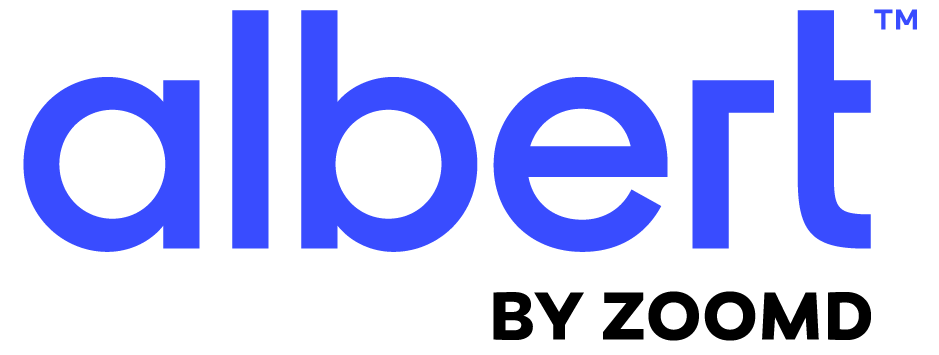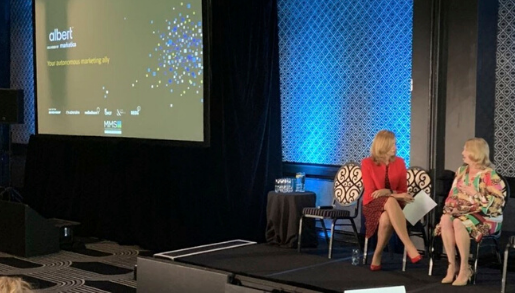The digital marketing landscape is changing quickly, and ad agencies need to adapt if they want to stay relevant.
Executing a highly personalized marketing campaign across a variety of channels is more challenging and complex today than ever before. For many companies, the knee-jerk reaction to this deepening complexity is to turn to an advertising agency for expert assistance. In certain circumstances this can still be an effective move, but it’s no longer the kind of common sense choice it was when print, television, and out-of-home advertising dominated the industry.
As Albert™ CEO Or Shani points out in CMO, “The role of the media buyer as middleman in digital ad buying is very different from the role of middlemen in traditional media.” If companies fail to adjust their relationships with ad agencies and media buyers, Shani continues, “advertisers put themselves at risk of absorbing even more costs in the form of marked-up prices at the bid level — or of the entire service provided by partners.”
As such, marketers looking to choose an agency partner must take a strategic approach to the selection process by making sure that each candidate is capable of providing value in today’s marketing environment, not the marketing environment of the past. Ad agencies that have truly kept up with the times will check all three of the boxes outlined below.
A Demonstrated “Right-Fit” Track Record
At the end of the day, “marketing” is a catch-all term that can take on significantly different meanings in different sectors. A heavy industry manufacturer may need to advertise just as much as a restaurant does, but this doesn’t mean that the same ad agency will be the right fit for both. When choosing an agency partner, a company should carefully examine candidates’ backgrounds to ensure that a potential partner has a demonstrated record of success in the company’s specific field.
This holds true not only for industry expertise, but for account size as well. If your company would be an agency’s largest or smallest account, this should prompt you to reconsider the decision to commit. Is the agency capable of handling a campaign portfolio this large? Conversely, is the agency nimble enough to meet the needs of a portfolio this small? Account size shouldn’t always be a disqualifying factor in and of itself, but it’s vitally important to consider.
A Capacity for Predictive Insights
As the volume of data bearing upon critical marketing decisions grows, strong data analytics will become increasingly important. When it comes to evaluating both specific ad performance and broader campaign effectiveness, a company’s agency partner will often be the only one with all of the data necessary to perform the requisite calculations.
Unfortunately, these evaluations tend to only go as far as a rundown of metrics like impressions, ad clicks, starts and stops, and click-through rates. While these metrics certainly help paint a broader picture of overall campaign performance, they don’t provide companies much in terms of forward-looking insight. True campaign optimization can only occur when a company is able to surface and act on predictive insights, in real-time, like those provided by autonomous tools like Albert. By implementing this kind of AI tech, companies can begin to understand what is likely to happen in the future, not just what has already happened.
Completely Transparent Operations
According to the Association of National Advertisers’ industry-shaking 2016 Media Transparency Report, “Numerous non-transparent business practices, including cash rebates to media agencies, were found to be pervasive in the U.S. media ad buying ecosystem.” When agencies are compelled by these suspect incentive structures to repeatedly direct their clients’ ad spend toward media that may not actually be in the clients’ best interests, the entire purpose of an agency partnership begins to break down.
As such, companies must do everything they can to ensure that the agency partner is organized and dedicated to delivering positive outcomes, not claiming kickbacks or rebates from ad publishers.
More often than not, this will include a willingness on the part of the agency to work alongside an AI platform like Albert. Artificial intelligence marketing tools make marketing more efficient, and an agency that refuses to recognize this value is unlikely to be a good partner for any company hoping to stand out from its competition.



